How E-waste and electronics recycling helps environmental conservation

E-waste recycling is the process by which valuable materials are extracted from electronics for reuse. This process is highly complex, but the costs of this process are rapidly dropping, making it easier than ever for materials to be reused in various other electronic products and more.
While there are still significant barriers inhibiting electronics recycling, the potential for a much faster and cost-effective process is enough to justify investment in these processes now and in the future.
BENEFITS OF ELECTRONICS RECYCLING
Electronics recycling can help recover precious and rare elements and materials that are non-renewable, cutting costs and reducing dependence on ecologically negative mining and extraction processes.
For example, lithium is a commonly used material that is non-renewable and vitally important for how most modern electronic products function. The price for this material has been exploding for several years recently. If more of this material can be extracted from discarded electronics, the price will drop and less of this material will need to be mined from pristine natural areas throughout the world.
A WEALTH OF RECYCLABLE MATERIALS
Each year, about 50 million tons of technological waste is discarded. This causes multiple problems associated with technological pollution. Right now, the recycling rate is low, leaving a huge opportunity for reclaiming a great deal of reusable materials, like lithium for new electronics. Recycling these materials can help change the course of electronic development and allow for the creation of better recycling processes and still more new products requiring non-renewable resources.
In short, electronics recycling can make what was once non-renewable materials renewable again. This process will be key for the development of new products and new ways of dealing with e-waste, leading to a safer planet for everyone and better ways of dealing with this waste in the future and creating new products.
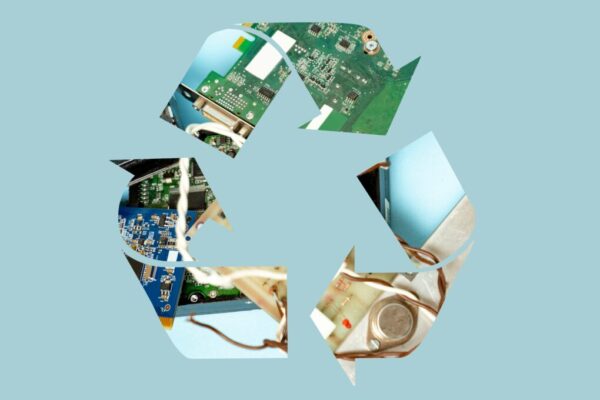
- Share with Twitter
- Share with Facebook
- Share with LinkedIn
- Share with e-mail
Might be interested in

Ways the world can reduce emissions from global transport systems

How does climate risk affect us?
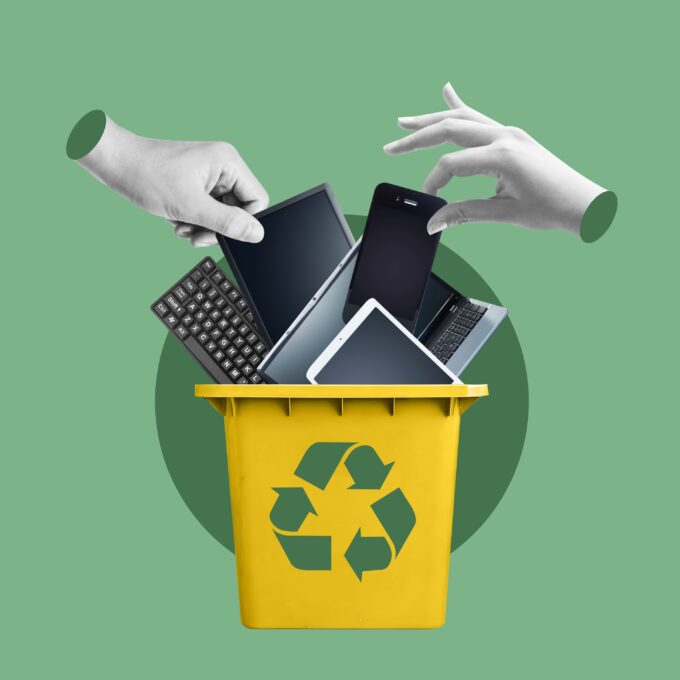
E-Waste Solutions: How to Responsibly Dispose of Electronics

Why Ecotourism Matters in the Fight Against Climate Change
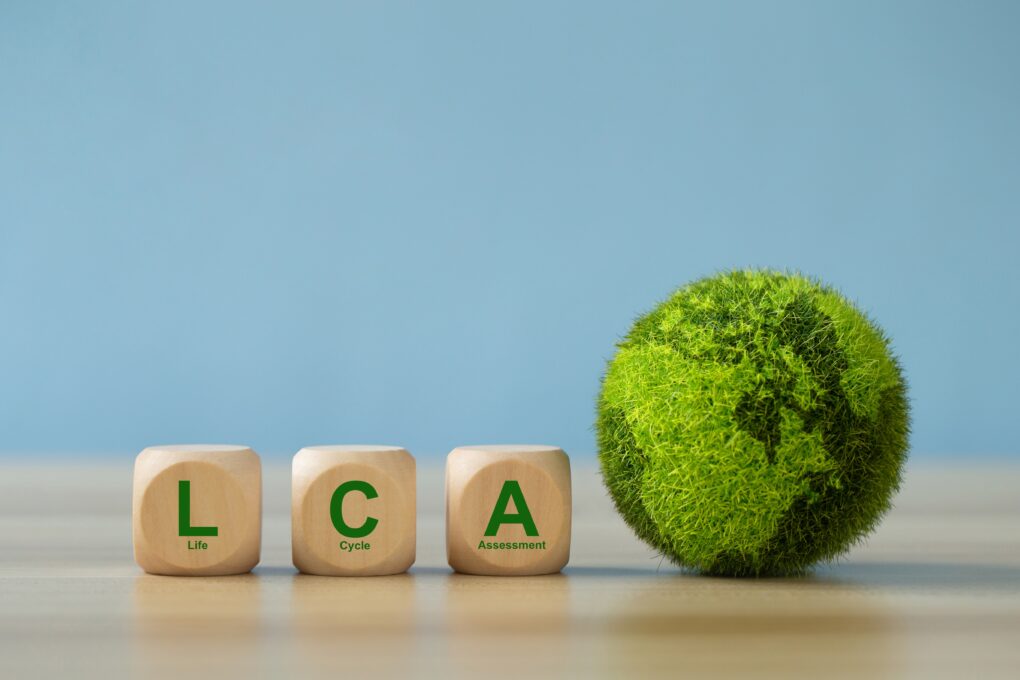
Life Cycle Assessment (LCA): everything you need to know
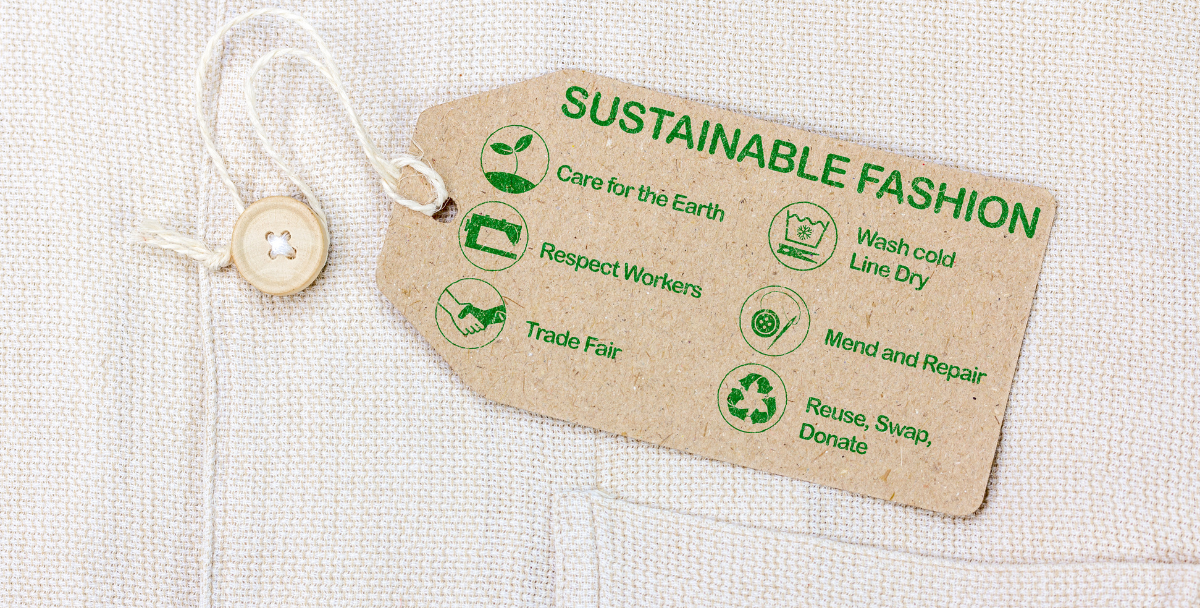
How Sustainability Technology is changing the Fashion Industry for the Better

Digitalization can support shifting to more sustainable transport in Europe

Sustainable Packaging in the EU: Trends, Challenges, and Opportunities

What is the EU doing to implement green washing regulations?

Ecotourism: Connecting Nature and Culture for a Sustainable Future

Ways to Prevent Wasted Food at Home

Sustainable manufacturing
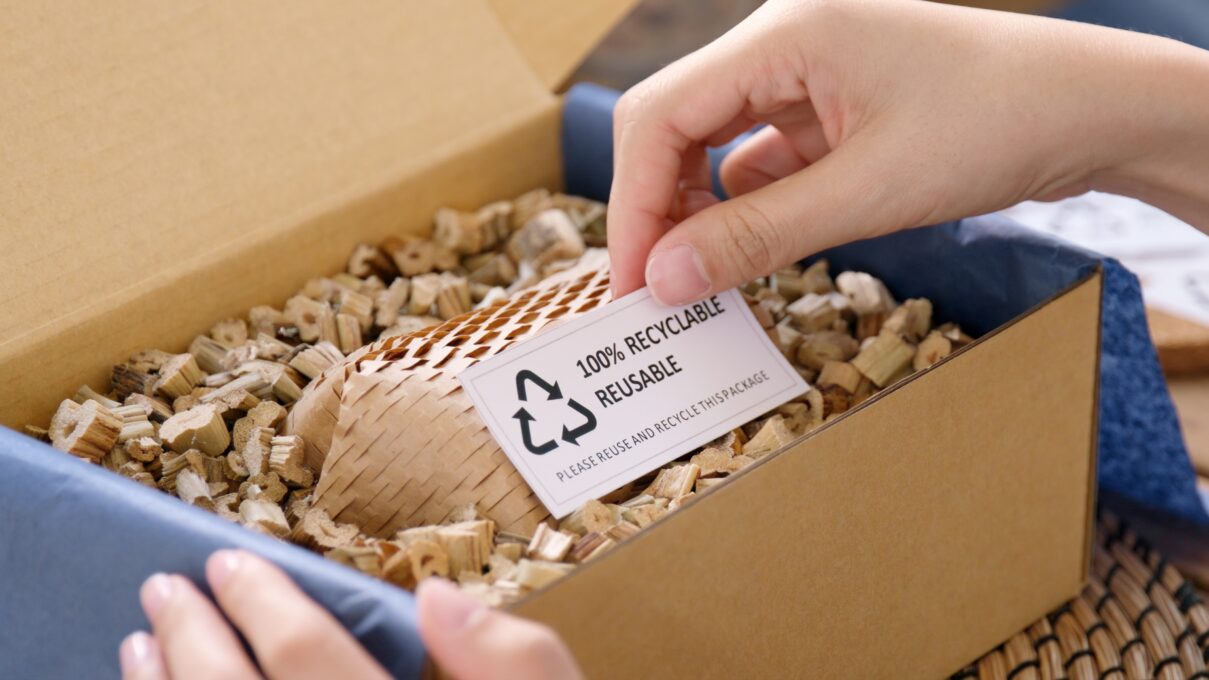
Sustainable products: the key to a greener future

Building a Low-Carbon Supply Chain: Smart Strategies for Carbon Footprints Sustainable Operations

Sustainable Tourism: How to Travel with Minimal Environmental Impact
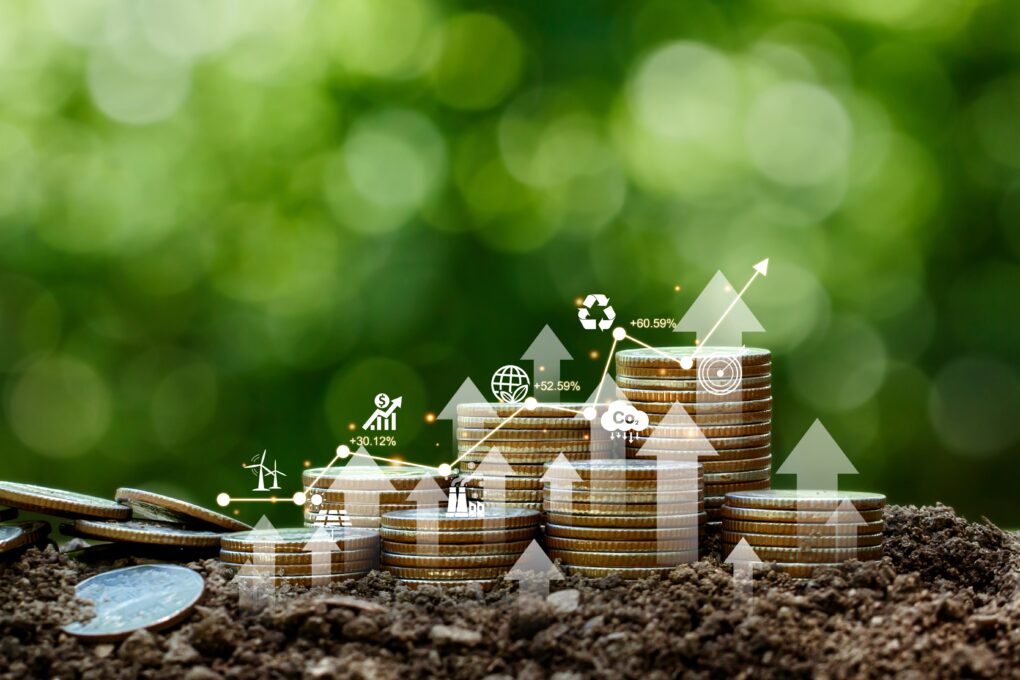
Empowering a Greener Future: The Role of Sustainable Finance in Transforming Society and the Environment

From waste to worth: battery recycling

The Transformative Role of AI in the Energy Sector

The importance of energy efficiency in achieving climate goals

How to have a festive and eco-friendly Christmas this year

Better links between waste management, circular economy and climate change mitigation measures can boost greenhouse gas emission reductions

An Ambitious Plan to Manage Non-Packaging Plastics in European Waste Streams

Ecotourism: What It Is and Why It Matters

Ways Your Smart Home Can Save Energy
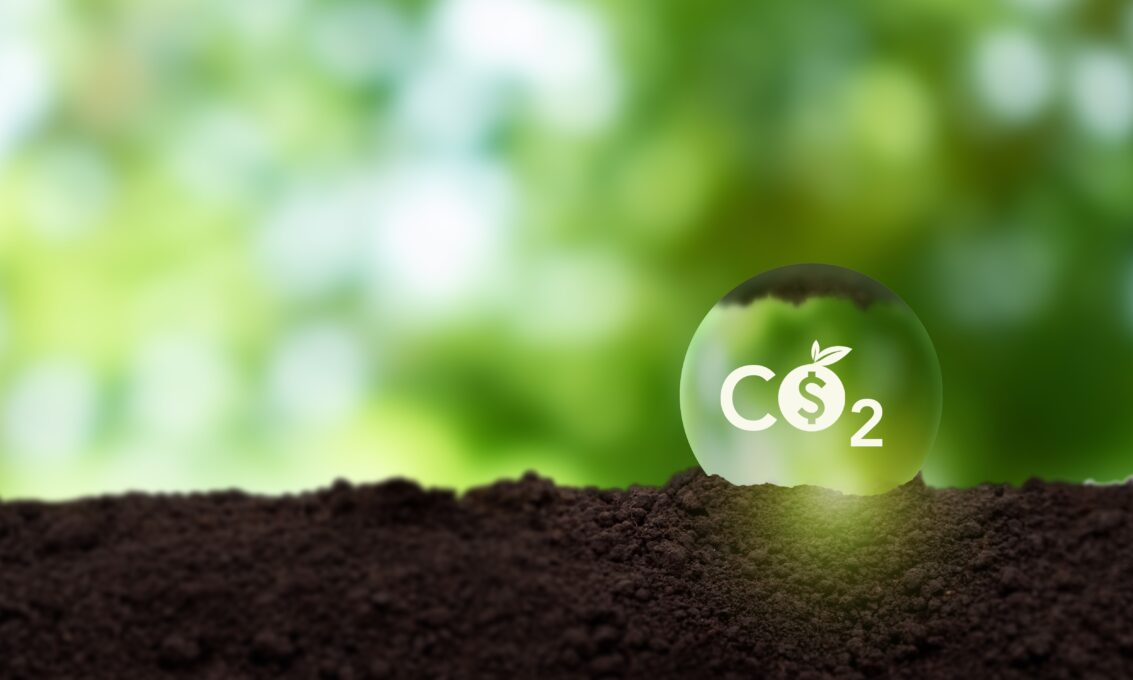
Understanding environmental commodities

10 Sustainable Holiday Tips for a Greener Season
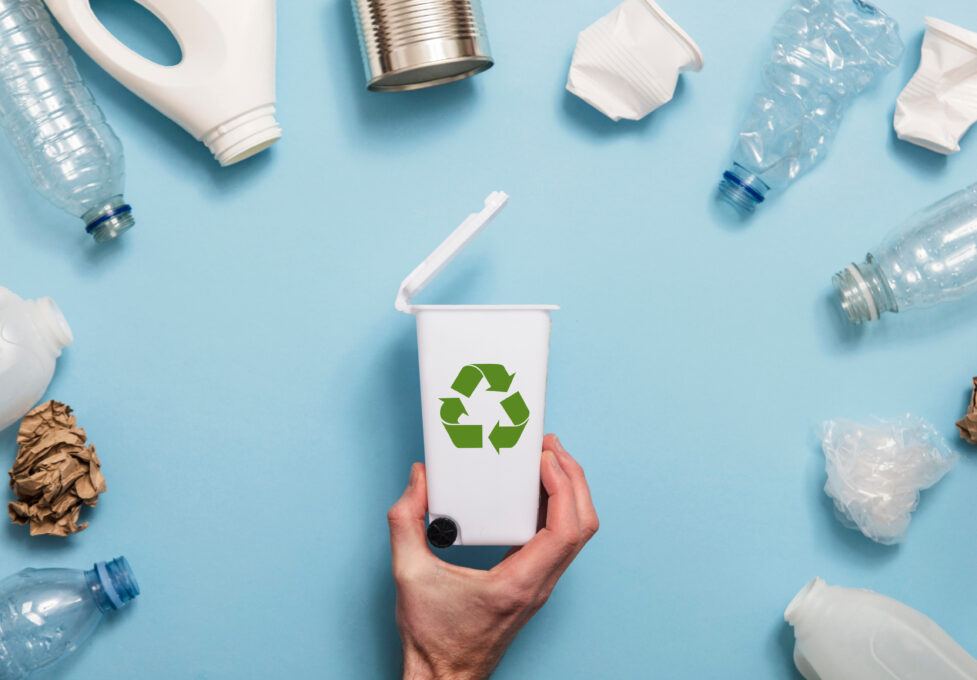
Kinds of plastics, uses and how to recycle

Sustainable packaging

Four benefits of a circular economy

Energy sustainability practices at home
